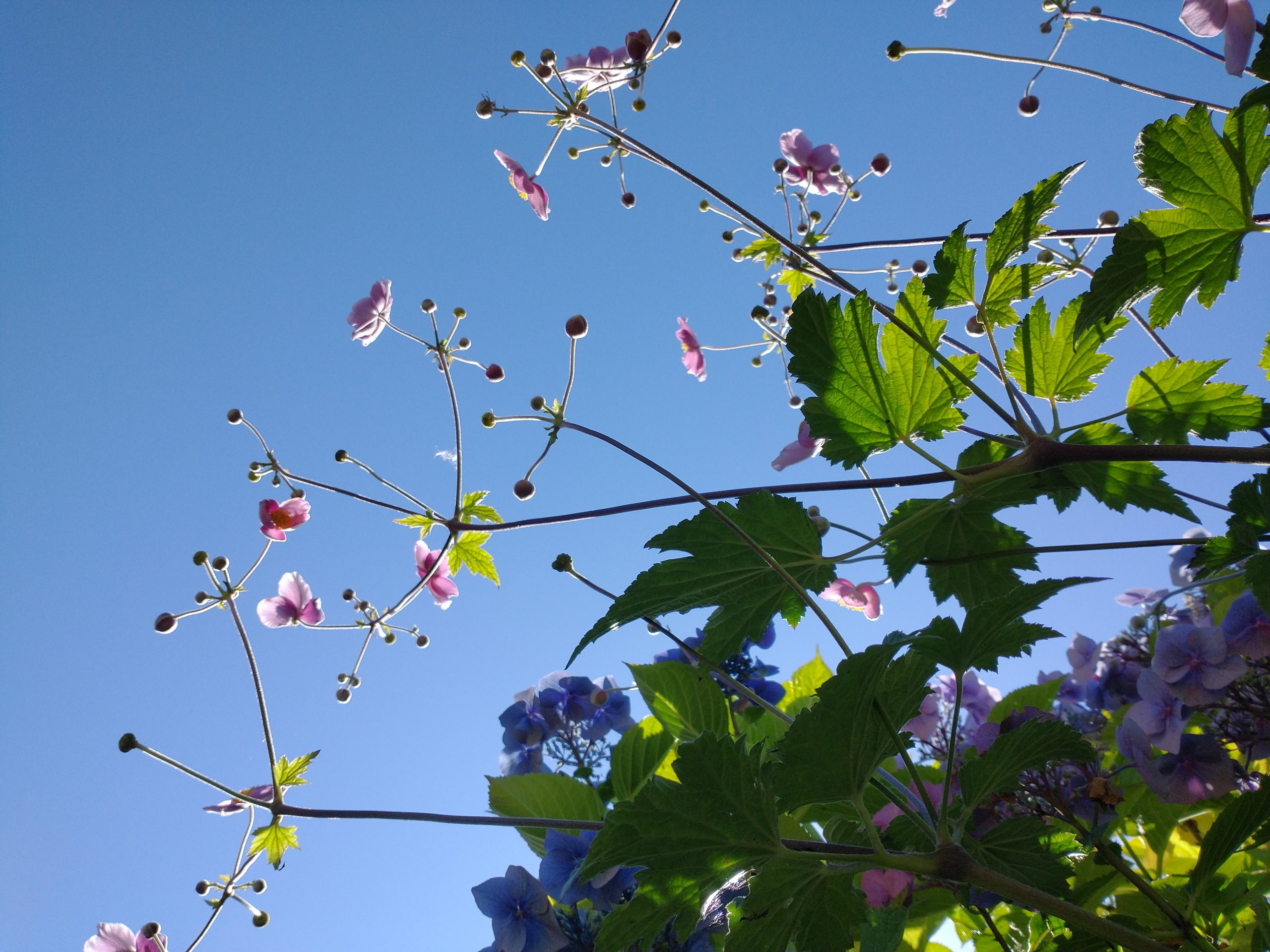 At the Edinburgh Festival this week we went to the Usher Hall to hear the French orchestra Les Siècles performing Stravinsky’s Rite of Spring on instruments of the period. (The difference in those instruments was not immediately apparent, though there was a soft grain to the famous bassoon solo which opens the piece, and other subtle adjustments to the more assertive sound we’re used to from modern orchestras.)
At the Edinburgh Festival this week we went to the Usher Hall to hear the French orchestra Les Siècles performing Stravinsky’s Rite of Spring on instruments of the period. (The difference in those instruments was not immediately apparent, though there was a soft grain to the famous bassoon solo which opens the piece, and other subtle adjustments to the more assertive sound we’re used to from modern orchestras.)
The famous premiere of the Rite of Spring – at which enraged members of the audience protested at the ‘ugly’ and ‘primitive’ style of dancing by the Ballets Russes on stage – was given in 1913. That year also saw the 19-year-old Lili Boulanger (1893-1918) become the first woman to win the prestigious ‘Prix de Rome’ with her cantata on the subject of Faust’s meeting with Helen of Troy. Alas, Lili Boulanger only lived for a further five years after that early success, and those years were dominated not only by illness but also by the First World War. Normally, the prize for winning the ‘Prix de Rome’ would have been an all-expenses-paid year in Rome to work on artistic projects, but in 1914 the onset of war put paid to that.
It was fascinating to hear the music of this young woman who had studied with Gabriel Fauré and whose music was bathed in the influences of leading composers of the day. Right from the opening bars of the cantata one could hear the influence of Wagner, and later of Debussy, and Fauré, and perhaps César Franck and Ravel. Her weaving together of these influences was surprisingly mature. But at this stage, her skill seemed to lie in a talent for synthesising elements that she loved, rather than striking out on a new path.
Aged 19, a student at the Paris Conservatoire and a young woman in a man’s world, Lili Boulanger was experimenting with her ‘voice’. If she had had better health and more time, one could easily imagine that she would have developed into an important composer. As it was, it was touching to hear her student work performed with such conviction and I found myself hoping that somehow she was listening in.
1913 – what a year! All these artistic ingredients bubbling together in a melting-pot as the shadow of war fell across Europe.




I totally agree about 1913! And how interesting to hear about the softer timbre of the opening bars of The Rite of Spring.